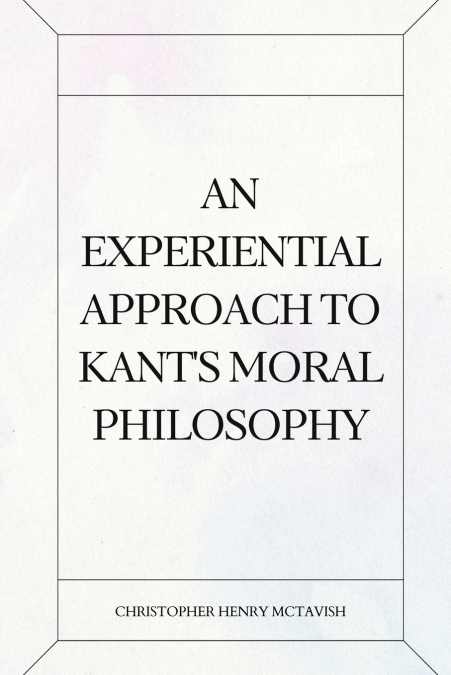
Christopher Henry Mctavish
Many of Kant’s commentators and enthes interpret lus moral philosophy solely in terms of the cognitive dimension of has categoncal imperative. Such a predommani nummer reading Kaul gives rise to the crihcism that hins moral philosophy is too far removed from the actual way in which human beings orient themselves as moral persons in the world. In response to this general tendency in Kant interpretation, rov dissertation proposes to offer an experiential approach to Kant’s ethics. By the expression experiential I mean an approach to Kant’s thinking that attends to the living sense in which we experience the phenomena and realities that his moral philosophy presents. In this dissertation I consider three common criticisms of Kant’s moral philosophy (dogmatism, formalism and rigorism) and I show how an experiential approach to Kant’s ethics can help us to respond to these fliree charges. In chapter one I explam the central arguments that Kant’s foundational works in moral plulosophy proposed, and I outlime the three criticisms of Kant’s ethics. In chapters two and three 1 present my experiential approach to Kant practical philosophy by exploring the experiential character of happiness [Glückselighar] moral feeling Imoralisches Gefuk!] and the ethical duties that Kant derives in his doctrine of virtue [Tugendienre).